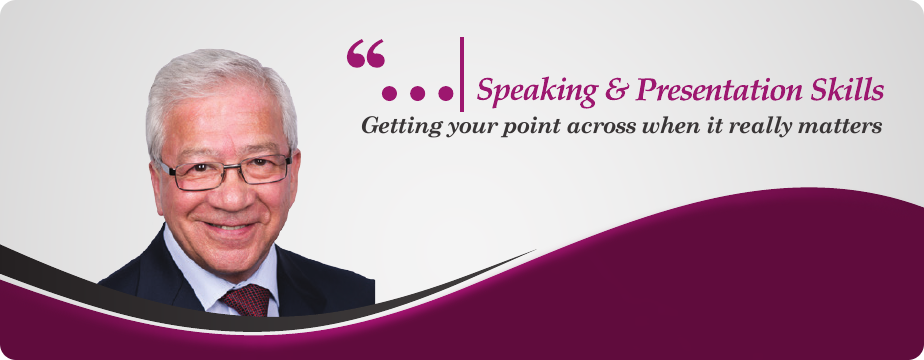Two nations, common language?
Americans have an interesting way with the English language, and their use of understatement is sometimes misunderstood.
On LinkedIn, someone asked a group if anyone had experience of training virtually. One person replied: yes, I have both coached people virtually as well as conducted webinars. Is there something in particular I can share with you?
I have been careful to reproduce the words exactly, to avoid misrepresentation.
The reply to that was: “Thanks for the offer. I have a lot of experience (myself) …”
Clearly he thought she was offering to share the training with him, muscling in on his client, so to speak. I thought so too, when first I read it. On reading it again, however, I realised that her offer to “share with you” related to the information or knowledge that she had about this training medium.
Far from wanting a share of his assignment (taking) she was offering to share her knowledge (giving).
It’s a strange expression, this “share with you”. It’s an American euphemism that can so easily be misunderstood.
On the whole I think it’s better to speak/write plainly.
However, certain words have very different meanings on both sides of the pond. “Quite” is one such example. In Britain, “quite” is a modifier, usually signifying less than total commitment, as in “I quite like it.” In the US, that same expression means “I like it a lot.”
Where did the confusion arise? Actually, right here in Britain. Consider this: “It was quite amazing!” In this case, “quite” means “very”.
Yes, two nations divided by a common language. But one of those nations is already divided internally


